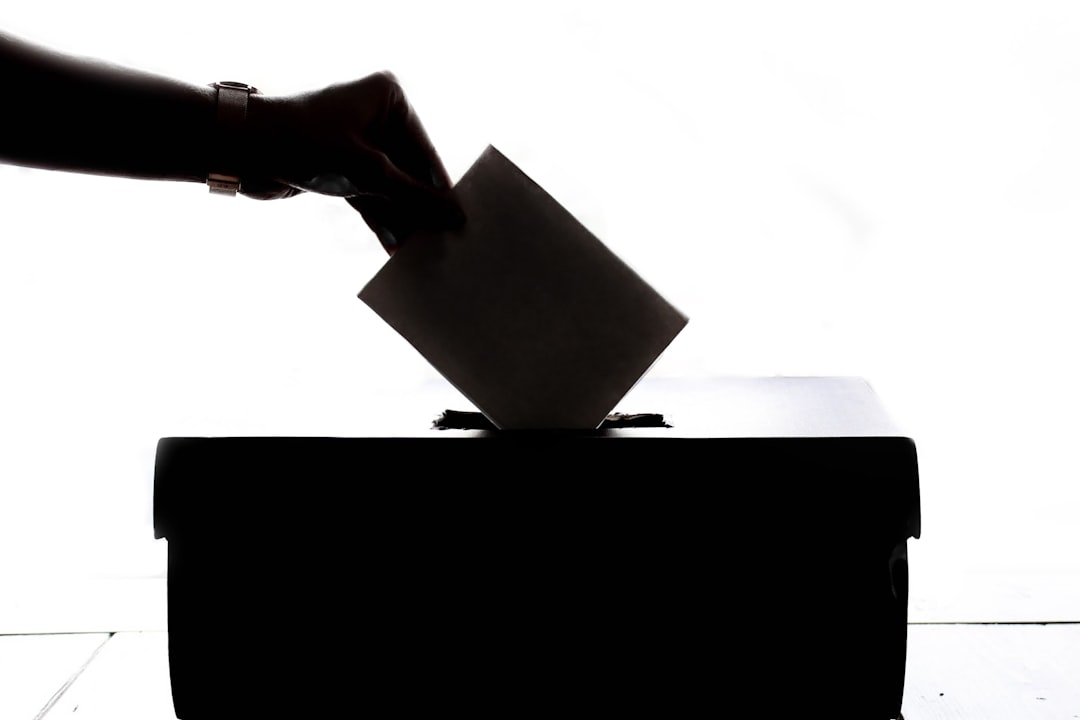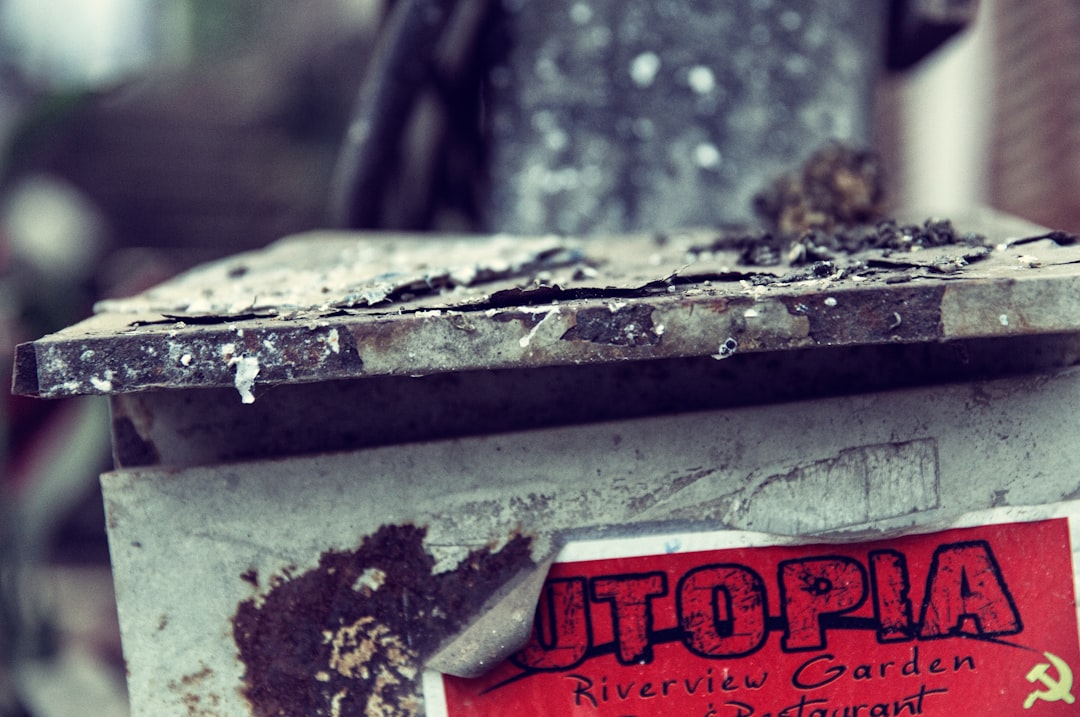This piece is a little shorter than most, and hopes to ask a helpful question more than it hopes to spell out a full answer. The topic is complex, and one that I might not be fully able to answer in one essay even if I tried. More than that it’s a new and different style, and one that I hope is even more helpful than the writing I’ve been doing so far. I hope you like it!

I don’t know hold old I was when I realized that politics is more than voting every two years or so, and even more than our whole electoral system from the local level to the federal level. A week or two ago I published something about the first real organizing experience that I accidentally stumbled into in college, but even after a year or so of student organizing I don’t think I would have called that work “politics.” A year or so after that initial foray into organizing I also happened to graduate college with a degree in political science, but activism and organizing were still somehow distinct and separate from my studies, to me. I would probably have called them political, but not politics.
And that’s because I didn’t really know what politics was, despite the degree. Actually, I probably didn’t know what politics was in some part because of that degree. Growing up I absorbed what I would call a typical definition of politics. You vote for the President, more conscientious people also show up on the off-years, voting for their city council and state reps and all that. Then you go about your business the rest of the year. Maybe you volunteer for a campaign every once in a while if you really like a candidate or really care, but that’s about it.
That’s what most of us are taught, as far as I can tell. Media, school, wherever we learn about and absorb this type of information generally teaches us that politics means elections, nothing more. So it’s no wonder a lot of people are disillusioned, or say they’re not really into politics or that it’s a topic they choose to avoid. I try to convince you that politics affects you, whether you’re into it or not, and explain that there are differences between the far right and progressive politicians, which is being made crystal clear right now as the right bans abortion and drag and grows ever more fascist by the day, and it’ll move some people. We see young people turning out to vote and wanting to fight the right and getting involved electorally. And I’m someone who thinks that is an important area to do battle. When I see people write off the whole electoral system I get a bit confused as to why we would want to cede state power to overt white supremacists. I’d much prefer to get decent people in those offices and defund the police, lower rents, and deny open fascists those seats.
But, I also do think there’s an even bigger issue around questions of electoral politics and what our relationship with them ought to be. Namely, and this first part might seem obvious, I think it’s extremely important to know that our workplaces are sites of politics, our neighborhoods are sites of politics, even our recreation and leisure activities are sites of political activity. Politics, which can broadly be understood as the systems and relationships and distribution of power, and the exercise of that power, is elsewhere. And to many of you that might already be plain as day, but to many people that fact is unclear, in large part because it has been intentionally obscured. It also happens to not be a particularly fun fact because of its inherent implications, and because the ways so many people have come to understand the political as annoying, embroiled in minute details, and combative. And that understanding is in many ways, reasonable. However the truth is that politics is something much greater. It will be still combative, yes, but that combat can be something expansive, joyful, and liberating. It can be the creation of community, the development of worker power, and ultimately the creation of a better world.

Now we all know that the political energy and organizing work needed to really create a better world will be immense. But there are a few reasons to get started right now and dramatically expand what the political means to us. The clearest, to me, is that the right is already doing so. We often see outraged statements and articles and social media posts about how the right is invading parents’ lives, children’s lives, schools and more. And they are. But the mainstream response has been largely inadequate. People are realizing that the left needs to be engaged with school boards, the left needs to catch up to students doing powerful student organizing, the left needs to go toe-to-toe with the right and never cede an inch, however even if everyone to the left of the far right were to really embrace that approach, which is a long way off at best, it still wouldn’t be enough.
Because matching the right isn’t enough. We need to out-organize them, outflank them, and win. There’s no room for half measures in the fight against fascism. And the left has an advantage that the right lacks. We want the people to truly have the power. We want bottom-up systems of power that benefit the working class. And although the right at times makes gestures towards populism, what they really want to preserve and strengthen are hierarchical, top-down power structures that only work on behalf of the ruling class, the super-rich.
So we have to do more. Investing in school boards and library boards and taking over city councils is all fabulous, and I hope progressives and socialists take over those bodies. But the question of this piece is something slightly bigger. The question and suggestion and maybe even challenge of this piece is to think of politics differently. What I’m asking is what would happen if we thought of working class people as the center of our politics? What would happen if we stopped thinking of D.C. as the center, or the statehouse, or even your favorite political writer or thinker as the center of your political outlook or compass, and instead thought of the working class people in your neighborhood, job, and social circle as the center piece? I don’t have the answer, or at least don’t have a concise version for this short piece, but I hope this question alone is helpful.
And I do have one or two thoughts on what the answer is not. It’s not just that all working people are automatically right, that lived experience inherently means stellar answers for changing systems. And it’s not just some shortcut to perfect politics, at all. If anything it’s a longer slog. It probably involves long-term organizing and relationship building to get to the point where the working class in your neighborhood, city, state has the power to really affect the change that we want to and need to see. But more on that later. For now, I hope it helps to think about what changing our orientations, to think about what changing the focus and the people and the place we view as the center of our political outlooks might look like, what it might help us build, and most importantly how it might affect how we act and what we do.
Cheers, and thank you for reading. - Josh



The first political work I did was leafleting houses for candidates my father supported when I was in 6th grade. He was a Republican precinct chair, and who ever he supported won in our precinct. It was basic ol' fashioned politics, a model that AOC used successfully lest anyone sneer at it. I'm certainly not a Republican now but there is a real lesson in trying to communicate directly with other people on various issues.
I disagree slightly with your general definition of politics - you seem to describe political systems and institutions as well as the policies that certain politics produce. I believe politics better refers to struggles for power between actors which takes place within and outside of those systems (themselves products of past political struggles) and which produce various policies and other exercises of power. I still largely agree that politics takes place in different ways in many places not traditionally thought of as political fields, i.e. workplaces, neighborhoods, school systems etc. And only by accomplishing smaller scale actions can we hope to build the power and conditions necessary for larger, systemic change.